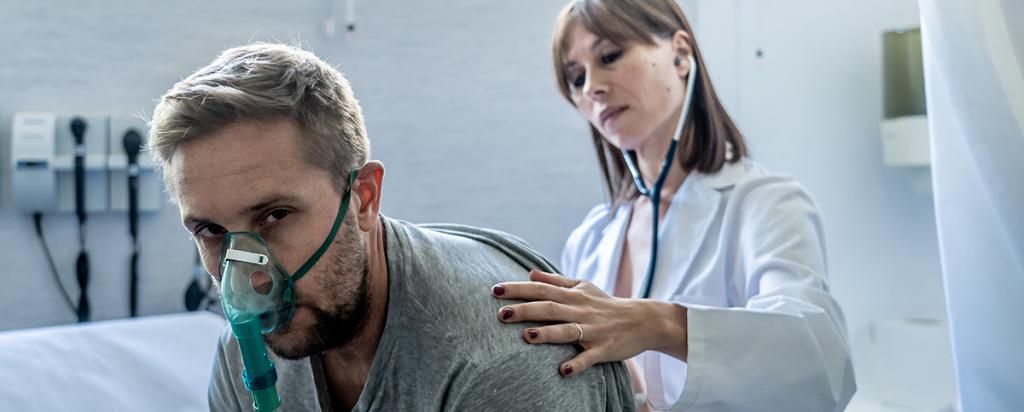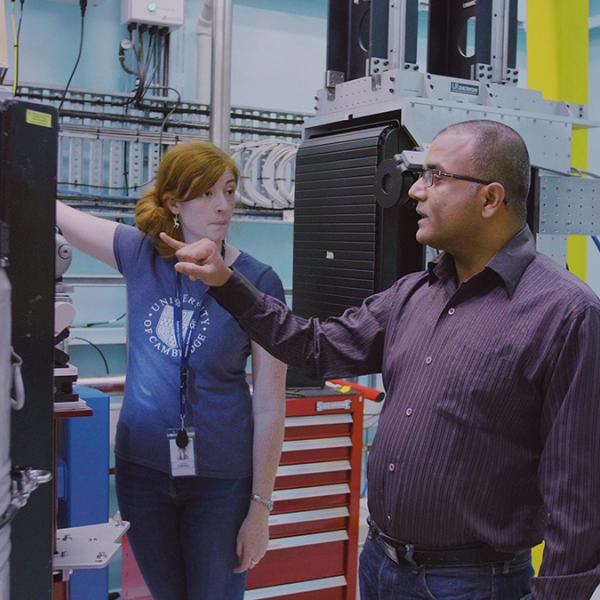
Key Points
-
Researchers from La Trobe University have identified a key mechanism that may link COVID-19 infection and lung damage
-
Lung damage is one of the possible long term effects of COVID-19
-
The macromolecular crystallography beamlines at the Australian Synchrotron continue to provide insights into the structural biology of COVID-19
The Macromolecular and microfocus beamlines at the Australian Synchrotron continue to be an invaluable resource for studies in structural biology relating to COVID-19.
This week researchers from La Trobe University reported that they have identified a key mechanism in how SARS-CoV-2 damages lung tissue.
Some patients report long term-COVID symptoms affecting their breathing for months after recovering from an initial COVID-19 infection.
How exactly the virus causes this long-term damage has been unclear, but in an article published in Communications Biology, researchers show a link between COVID-19 infection and the damage of lung cells.
Researchers characterised the interaction of the Coronavirus E (for envelope) protein with a human protein PALS1 PDZ.
Video courtesy of the Department of Biochemistry and Genetics, La Trobe University
This human protein is important in maintaining the distribution of different components within cells. Disrupting the function of this protein affects the integrity of tissues.
Structural data collected at the Macromolecular crystallography beamline (MX2) at the Australian Synchrotron was used to model the interaction of the Coronavirus E protein with the human PALS1 PDZ protein.
The researchers were able to pinpoint the specific molecular interactions between the two proteins, which provides invaluable information for future development of antiviral therapies to combat long-term tissue damage.
The researchers were also able to demonstrate a key difference between SARS-CoV-1 and -2, and another respiratory illness, Middle East Respiratory Syndrome, caused by the MERS-CoV virus.
The MERS-CoV envelope protein does not bind to the human PALS1 PDZ, which is consistent with the different degrees of virulence in the two viruses, and may explain the difference in long-term damage caused by each infection.
“As the long-term effects of COVID-19 infections are becoming more apparent, research like this is vital to development of efficient treatments of the illness,” said MX Co-Lead Dr Alan Riboldi-Tunnicliffe.
DOI: https://doi.org/10.1038/s42003-021-02250-7
Read more in an article that takes you "behind the paper'



